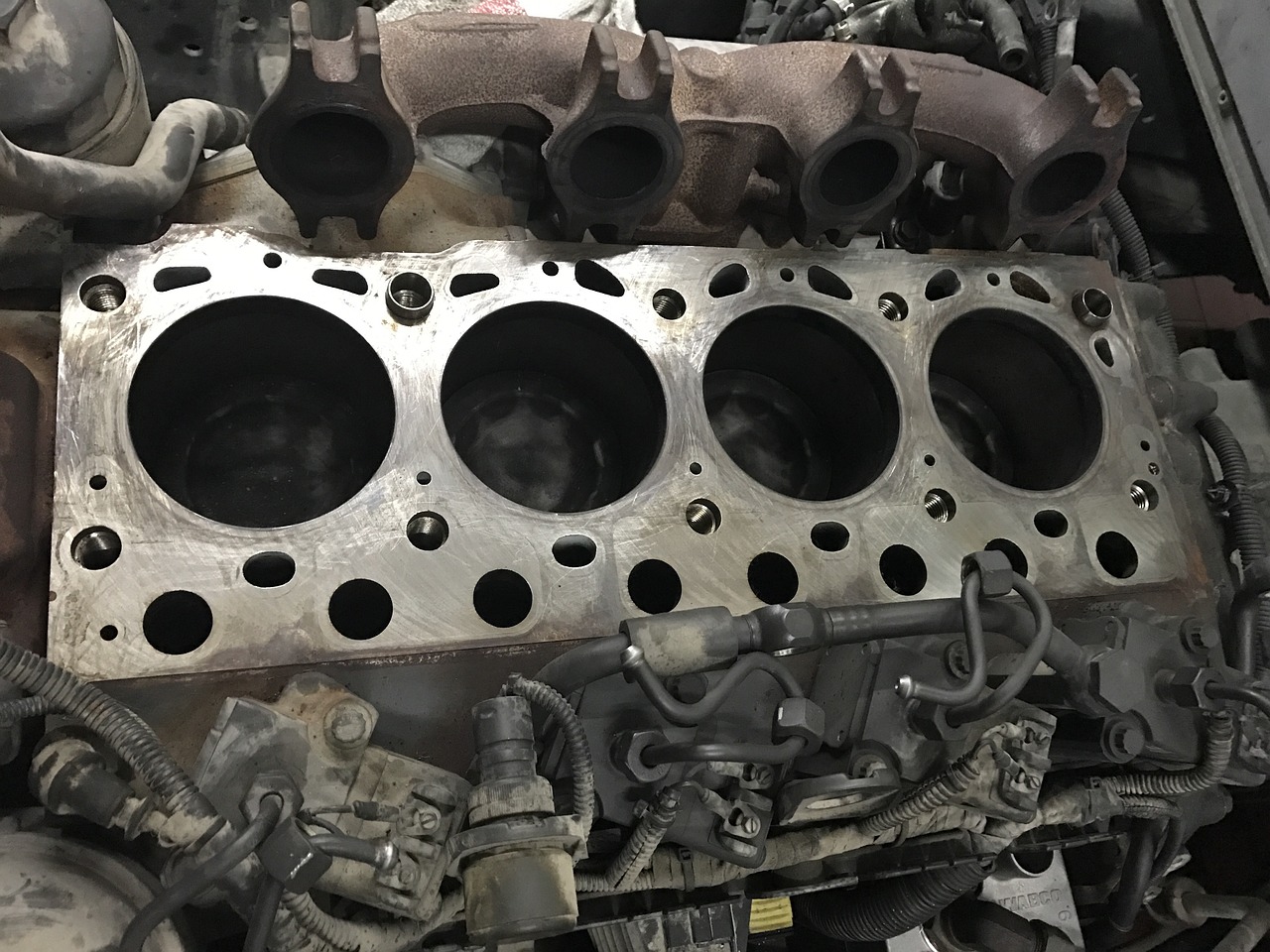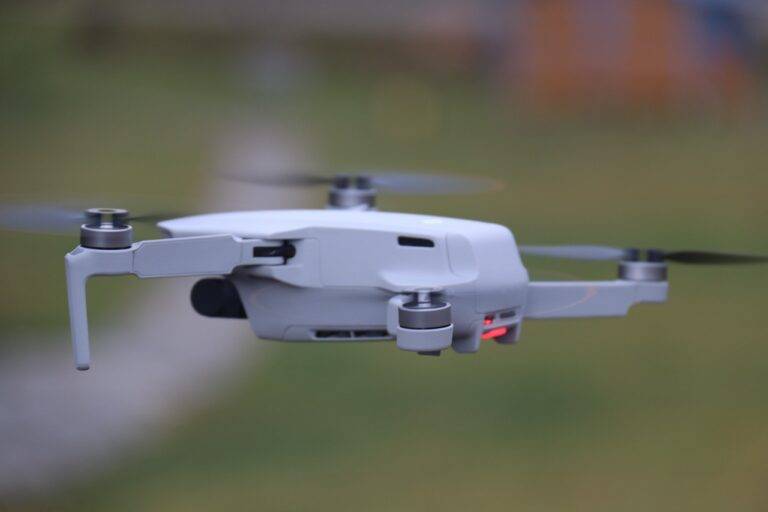Tech in Healthcare Robotics: New Tools and Techniques
Robotics in healthcare present numerous challenges that need to be addressed for successful implementation. One significant obstacle is the high cost associated with acquiring and maintaining robotic systems. This financial burden can be a deterrent for many healthcare facilities, especially smaller ones with limited budgets. Additionally, the training required for healthcare professionals to operate these complex machines is extensive and time-consuming. This raises concerns about the availability of properly trained staff to utilize the robotic technology effectively.
Another challenge in implementing robotics in healthcare is the potential for technical errors and malfunctions. Despite advancements in technology, robots are not infallible and can encounter glitches or breakdowns during procedures. This introduces a level of risk and uncertainty that healthcare providers must carefully consider before fully integrating robotics into their practices. Maintaining the safety and reliability of robotic systems is crucial to ensuring positive patient outcomes and avoiding potential harm.
Advancements in Surgical Robotics
Robotic technology has significantly transformed the landscape of surgical procedures in recent years. Surgeons now have access to advanced robotic systems that offer increased precision and dexterity during complex operations. These robotic platforms enable surgeons to perform minimally invasive procedures with improved accuracy, leading to reduced recovery times and better patient outcomes.
One of the key advancements in surgical robotics is the integration of artificial intelligence (AI) capabilities. AI algorithms allow the robot to analyze data in real-time and make autonomous decisions during surgery. This not only enhances the overall efficiency of the procedure but also contributes to better surgical outcomes for patients.
How can robotics benefit the field of healthcare?
Robotics can improve precision, reduce human error, enhance dexterity, and provide access to hard-to-reach areas during surgeries.
What are some challenges of implementing robotics in healthcare?
Challenges include high costs, the need for specialized training for healthcare professionals, concerns about patient safety, and the integration of robotics into existing healthcare systems.
What recent advancements have been made in surgical robotics?
Recent advancements in surgical robotics include the development of more compact and flexible robots, improved imaging and navigation technologies, enhanced sensory feedback for surgeons, and the use of artificial intelligence for decision-making during procedures.
How do advancements in surgical robotics contribute to better patient outcomes?
Advancements in surgical robotics can lead to shorter recovery times, reduced risk of complications, increased surgical precision, and improved overall patient outcomes.
Is there a potential for robotic surgeries to become more common in the future?
Yes, as technology continues to advance and costs decrease, robotic surgeries are expected to become more common in the future, offering benefits to both patients and healthcare providers.





